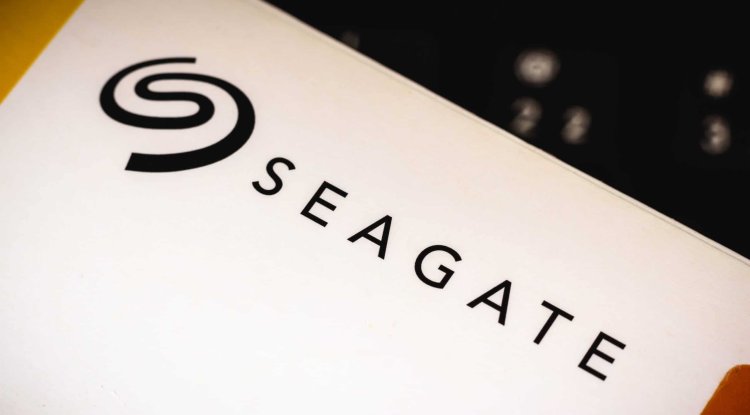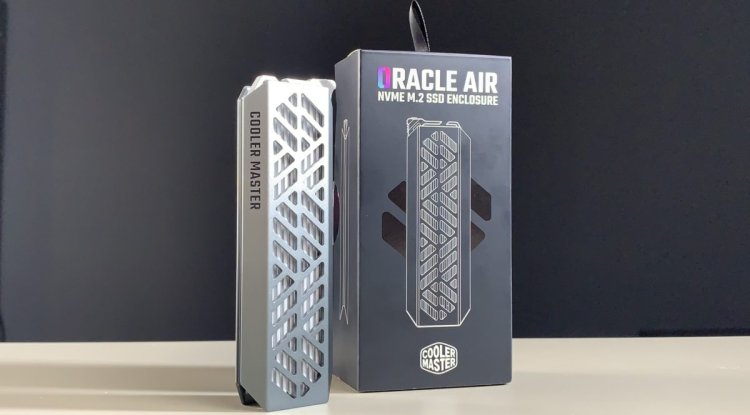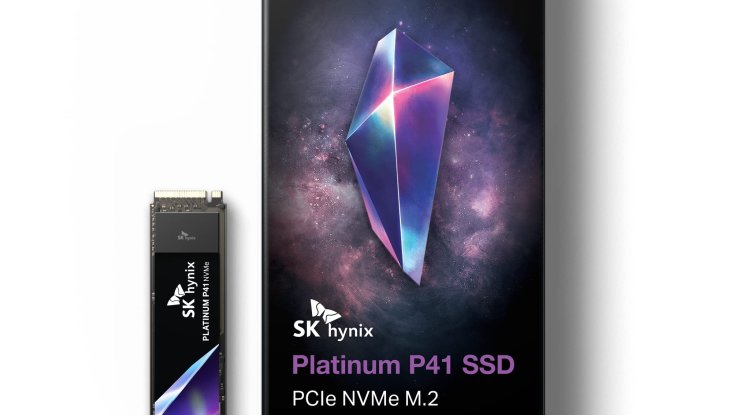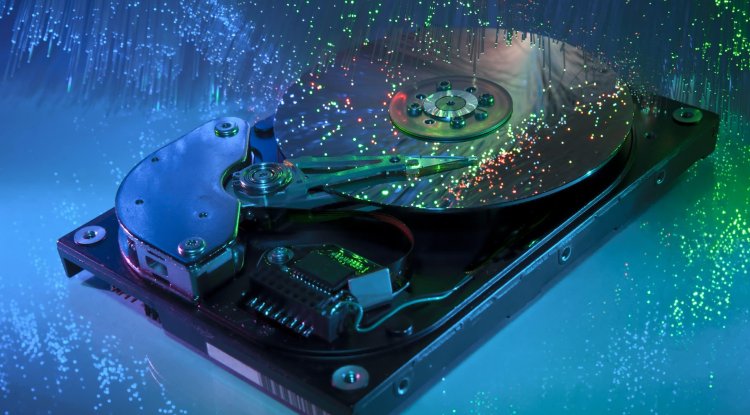Seagate began shipping 22TB drives - SMR technology

- SMR technology has been criticized in the past, with manufacturers not informing customers about its use on their drives.
- This time the situation is different, according to Seagate, the new models are intended only for certain partners.
- For the year 2030, the manufacturer announces 100TB disks, which should work on a completely different principle.
The capacity of mechanical hard drives has stopped at 20 TB for some time.
Seagate chief Dave Mosley has now informed shareholders during a conference call on financial results that the company has begun supplying the first 22 TB models to selected partners.
The manufacturer managed to achieve higher capacity thanks to the implementation of a controversial recording technology called shingled magnetic recording (SMR). This system can be compared to roof shingles, from which the name itself is finally derived.
Bad reputation
The technology uses the possibility of partial overlapping of adjacent tracks, which is therefore slightly narrower, and therefore more data can be obtained on the same area. Such disks offer a better ratio between capacity and price compared to those using the conventional approach. On the other hand, technology also has its drawbacks.
Since writing to one track can also affect an adjacent one, all sub-tracks must be scanned when recording and automatically overwritten as well. Under certain circumstances, disks based on this principle may offer lower write speeds.
As manufacturers have not informed customers about the use of SMR technology in their disc models in the past, a wave of criticism broke out in 2020. In the case of Western Digital, the whole case even resulted in a class-action lawsuit.
Customers have been notified
But Seagate has obviously learned his lesson. The company seems to have clearly communicated the use of SMR in the new drives with customers in advance. The 22TB models are primarily intended for large data centers, where the ratio between price and capacity is one of the most important parameters.
The new disks will therefore be intended only for those partners for whom SMR technology is not such a problem, or they can deal with it on their own. The data should be stored sequentially, ie in large blocks, while the number of random entries should be minimized. As a result, the impact on enrollment speed should not be so significant.
Price suppression is a priority
But Seagate has been working on a new type of disc for several years, which will use the so-called HAMR (Heat-assisted magnetic recording) technology. The new system is to be based on the short-term heating of the part of the plate on which the data is to be written at the moment.
Due to the increase in temperature, the magnetic properties of the material will also improve, so that as a result it will be possible to write data in smaller blocks, ie with a higher density. Last year, the company announced that thanks to the implementation of HAMR technology, the disks should offer a capacity of 100 TB by the end of this decade.
Let's add that a better capacity-to-price ratio is already one of the last advantages of mechanical drives over SSDs, which are based on a completely different principle. Instead of the reading head and magnetic plates, they are made up primarily of memory chips. They do not emit any noise and offer significantly higher transfer speeds compared to conventional disks.
This is one of the reasons why traditional mechanical disc manufacturers, such as Western Digital, have already started offering them.
SSD versus HDD lifetime comparison, which is based on data collected in the BackBlaze data farm. The biggest problem of SSDs in this regard may be the fact that their impending failure sometimes can not be predicted. They simply stop working, so the user can lose all their content.
Although, as with the HDD, applications for monitoring critical SMART indicators can be used in them, they cannot always detect every problem. Therefore, it is always true that at least the most important data needs to be backed up regularly.





































